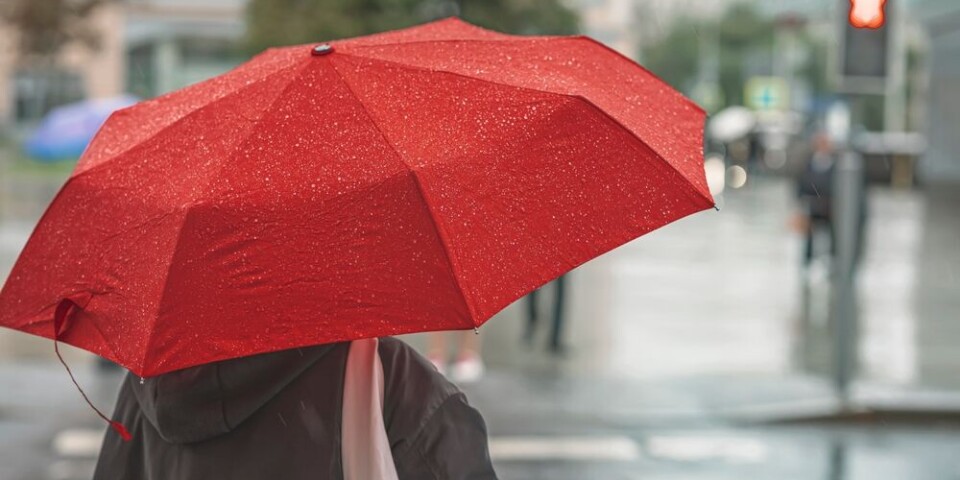Video: raccoon spotted in French Pyrenees
Local animal experts say this is ‘not good news’ and ask the public to report any further sightings
France has classified raccoons as ‘pests’ since 2016
AB Photographie/Shutterstock
A raccoon has been seen for the first time in the French department of Pyrénées-Orientales (Occitanie), sparking concern amidst local wildlife professionals.
A Facebook post published by Réserves Naturelles Catalanes on September 4 showed a video of the animal filmed by a CCTV camera in the Jujols National Nature Reserve, located near the Spanish border. The date marked on the footage reads August 22.
The video was accompanied by the caption: “This is not good news”.
“Although often perceived as an endearing animal the raccoon is actually an invasive foreign species when introduced outside its native area[North America],” read the Facebook post.
The publication also makes a public appeal to help authorities “take action before the situation becomes irreversible”.
Anyone with further raccoon sightings within the Pyrénées-Orientales are asked to report them to the following email address: celine.quelennec@reserves-naturelles-catalanes.org
Why are raccoons problematic in France?
The first raccoon sighting in France was recorded in 1966 and its population has been growing ever since as it has no natural predators and can adapt to a range of environments. In 2016, the raccoon was added to animals classified as a ‘pest’ in France.
Today, they can be found in several areas of the country, with the largest population in the Grand Est region. Raccoons have also been seen in Auvergne, while some 250 raccoons were caught in 21 different Gironde communes in 2024, a number which has doubled over the last four years, reported France Info. A raccoon was also seen for the first time in Vaucluse earlier this year, according to local media.
“This [population] expansion puts our local species in direct competition and disrupts the ecological balance,” states Réserves Naturelles Catalanes. Raccoons prey on birds and poultry, as well as amphibians and tortoises.
These animals are also considered health risks by carrying diseases including rabies, and the Baylisascaris procyonis parasite (commonly known as raccoon roundworm). An article published by the US Centers for Disease Control and Prevention states the parasites are found in the animal's faeces, and can potentially infect humans, although this is rare. Infections can be severe and cause serious neurological damage.




























